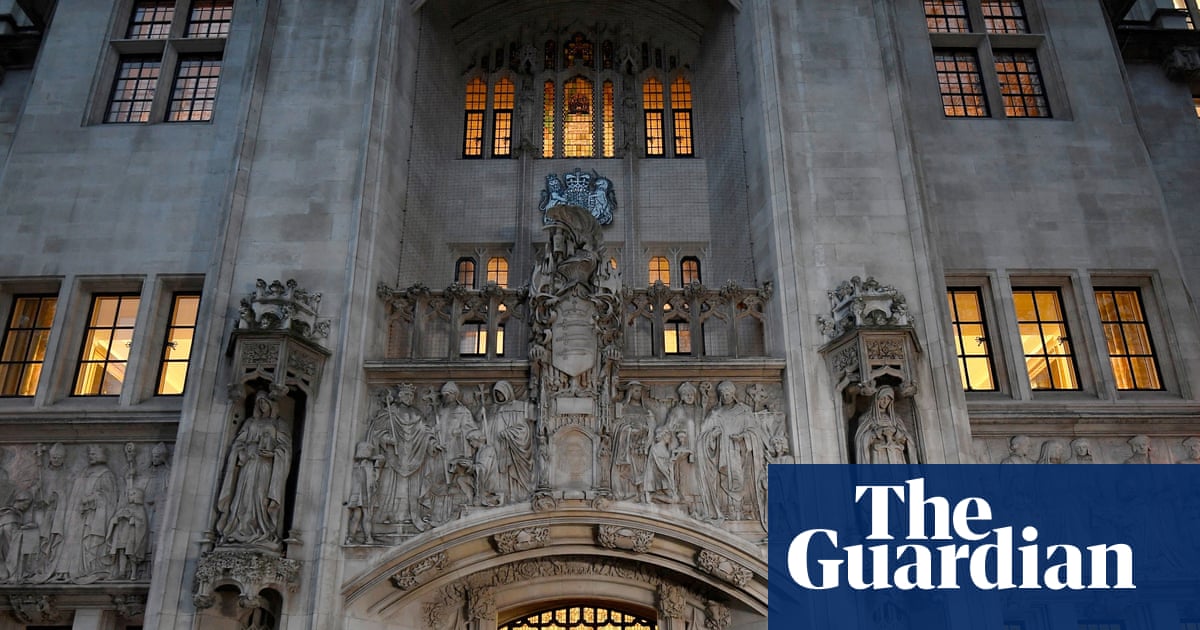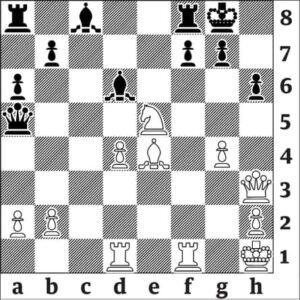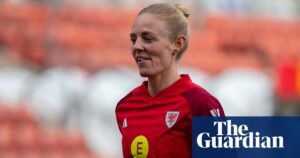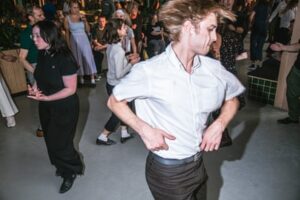
Judges need to be “on their guard” about expert witness evidence, according to a leading supreme court judge, who urged the legal profession to improve their “scientific and technical literacy” to help prevent miscarriages of justice.
Patrick Hodge, who is deputy president of the supreme court and president of the Expert Witness Institute, said the increasing complexity of legal cases in modern society means expert witnesses are playing a bigger role than ever before.
“I think the nature of modern technology and the nature of modern medical science makes these things much more expert-driven than they were,” he said. “But you can’t be in thrall to an expert witness, you have to approach their evidence with care.
“As a judge, you need to be on your guard and make sure that you feel they are in a position to be properly expressing opinions on that subject. To say: ‘Does your experience justify you expressing an opinion on that matter?’”
Senior politicians, lawyers and doctors have raised concerns about the lack of oversight and regulation in the use of expert witnesses, who give evidence in court on subjects considered outside the knowledge of a judge or jury.
Their evidence can be crucial in determining the outcome of some cases, and there have been instances in which mishandled expert evidence has led to miscarriages of justice.
The case of Lucy Letby, the neonatal nurse convicted of murdering seven babies, has prompted renewed scrutiny of expert witnesses. Lawyers appealing against her conviction argue that the expert evidence presented at her trial was flawed.
The Expert Witness Institute, a not-for-profit founded in 1996, offers training and membership for experts based on their experience, as well as a directory of vetted experts, although there is no obligation for lawyers to use the service, or other similar schemes.
Lord Hodge said lawyers and judges should improve their “scientific and technical literacy” so they’re not “completely cold” on a subject and too reliant on expert witness evidence.
“I think there is always concern over miscarriage of justice. A person, no matter how expert and no matter how impartial, may make mistakes. And the court may not be aware of that,” he said.
He added that there were problems with “people coming forward claiming expertise in pseudoscience” which judges needed to be able to spot and challenge.
Julie Maxton, the executive director of the Royal Society – the UK’s national academy of sciences – said resources to help judges understand the scientific topics that keep cropping up in courtrooms were becoming increasingly popular.
The society holds seminars and writes primers for judges on everything from the use of statistics and substance addiction to ballistics and DNA analysis.
“In this country, most people who go to do law don’t do scientific A-levels. So they might have been out of contact with science for a long time, and science changes so much,” she said. “We’re not trying to make judges scientists, and we’re all very aware that expert witnesses owe their first duty to the court for accuracy. But we’re also aware that sometimes experts get things wrong.”
after newsletter promotion
Maxton said there would always be a role for expert witnesses, but the question was whether they should be accredited, and how they can be kept from digressing beyond the key areas of disagreement.
She said this was of key importance in less-tested areas of science, such as gait analysis, which some experts claim they can use to identify people based on their walk. “They say ‘I can tell by the way this person does that, or how long their stride is etc.’ But there may be no scientific basis for that,” said Maxton.
As well as potential problems with the quality of expert evidence, there are concerns about whether expert witnesses are given enough training to act with complete impartiality.
Hodge said there was “a danger of an expert witness compromising their impartiality by being too anxious to please the client or the lawyers who have instructed them”.
He said people used repeatedly as expert witnesses can end up with a “protect the doctor mentality”, where they focus too much on defending rather than explaining.
“It’s very important that there are bodies who are providing accreditation and training to people who are setting themselves up as expert witnesses,” he said, even if these are not compulsory.








